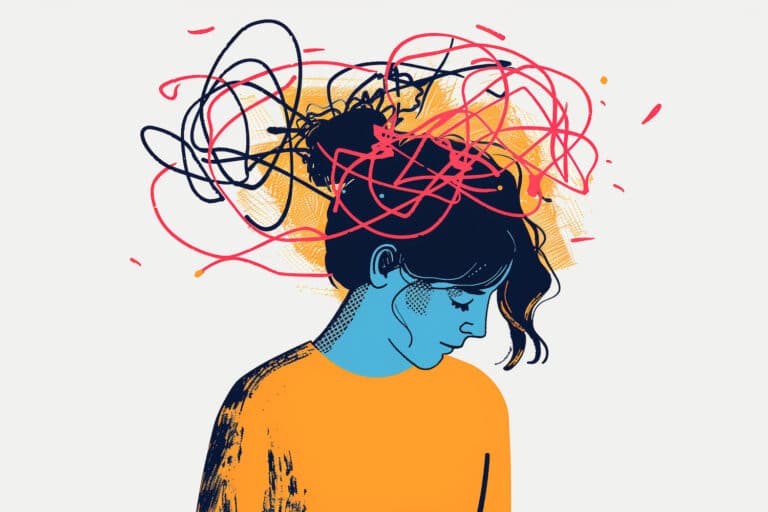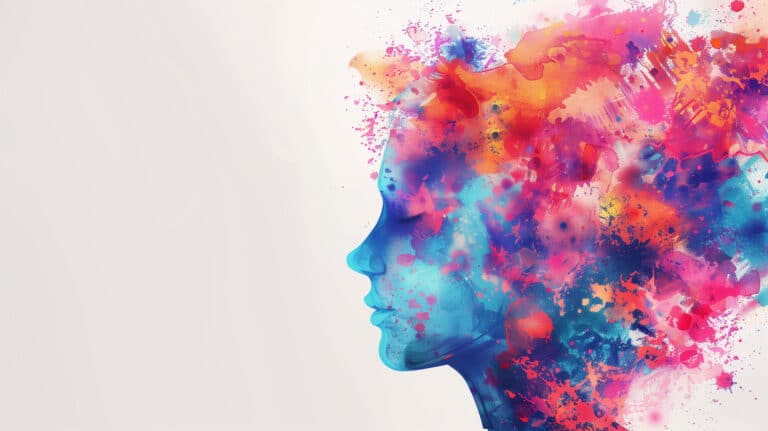Although not technically a mental health condition, self-esteem has a clear link to our overall mental and emotional well-being. Self-esteem is defined as a favorable impression of one’s self, and it affects the way we think about ourselves and the way we think or react to situations. People with high self-esteem can recognize their good qualities and strive for happiness, while those with low self-esteem tend to have negative feelings about themselves and believe they are not worthy of love, happiness or success.
When we have negative thoughts or are influenced by negativity, it affects the way we feel about ourselves and our experiences. Low self-esteem can be caused by abuse or dysfunction in childhood continuing into adulthood, or attributed to stressful life events such as relationship failure, financial trouble, or poor treatment by others.Today’s busy world contributes to many stressors that cause us to cast doubt on ourselves and allow our minds to tell us “I can’t do that” or “I can’t overcome this situation,” making it harder for us to dismiss the negativity.
Low self-esteem can cause us to become self-destructive to numb the pain of our worthlessness. It has been proven that low self-esteem is a risk factor in some mental health conditions such as addiction, depression, and anxiety. Studies have shown that children and young adults with low self-esteem have a predisposition to addiction later in life. Many addicts use drugs or alcohol to alleviate negative feelings they have about themselves. Over time this form of escape can have a detrimental effect on already low self-esteem levels. Those already living with a mental condition, such as depression or anxiety find that low self-esteem develops due to the social stigma surrounding a mental illness, sometimes leaving them feeling they have somehow failed.
How often do we stop and think, “I believe in myself”? Challenging ourselves to adjust our negative thoughts into positive ones is no easy task, but it is possible. Learning to value and care for our mind and body is important. Positive self-esteem is attributed to smart, constructive, and healthy life decisions. When we take the time to love ourselves, we strive for happier relationships, a more fulfilled life, and a positive emotional and physical well-being.
Although you may not know the exact cause of your low self-esteem, there are ways you can improve it. Learning to value your mind and body is the first step to improving your self-esteem.
- Eat well, exercise, and meditate. Reclaim your physical and emotional confidence.
- Engage with those you love. Feeling loved and giving love gives you support.
- Write down your strengths. Think about all the things you are good at.
- Celebrate the small things. Pat yourself on the back when you achieve even something small.
- Challenge negative thinking. Look for an alternate explanation and put things into perspective.
- Focus on what you can change. Don’t worry about what you can’t change.
- Don’t try to be perfect. Perfection is not possible.
- Don’t criticize yourself. Everyone makes mistakes.
- Do things you enjoy. It is easier to be positive when you are doing what you enjoy.
- Be around positive people. Negative people only bring you down.
- Volunteer. Helping people can make you feel better about yourself.
Sometimes changing the deep-rooted negative feelings we have about ourselves is not easy, and additional steps are needed. Cognitive Behavioral Therapy (CBT) is used to assist in working through the underlying reasons for negative thoughts. In CBT, a therapist works with you to identify and solve specific problems that have prevented effective functioning. Challenging and adjusting the negative thoughts can turn them into more positive ones and start increasing self-esteem.
Additional information:




